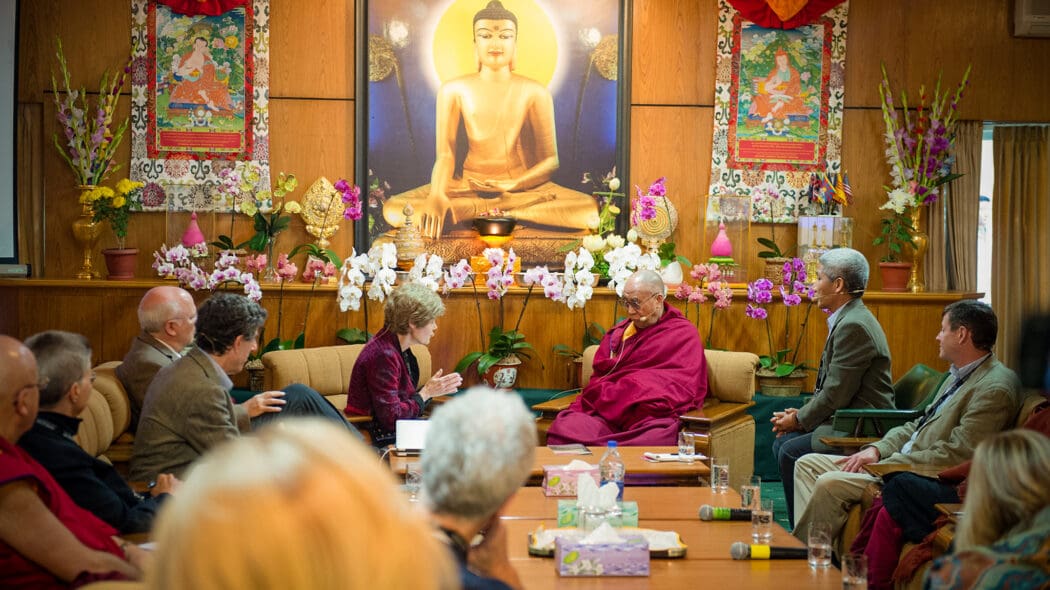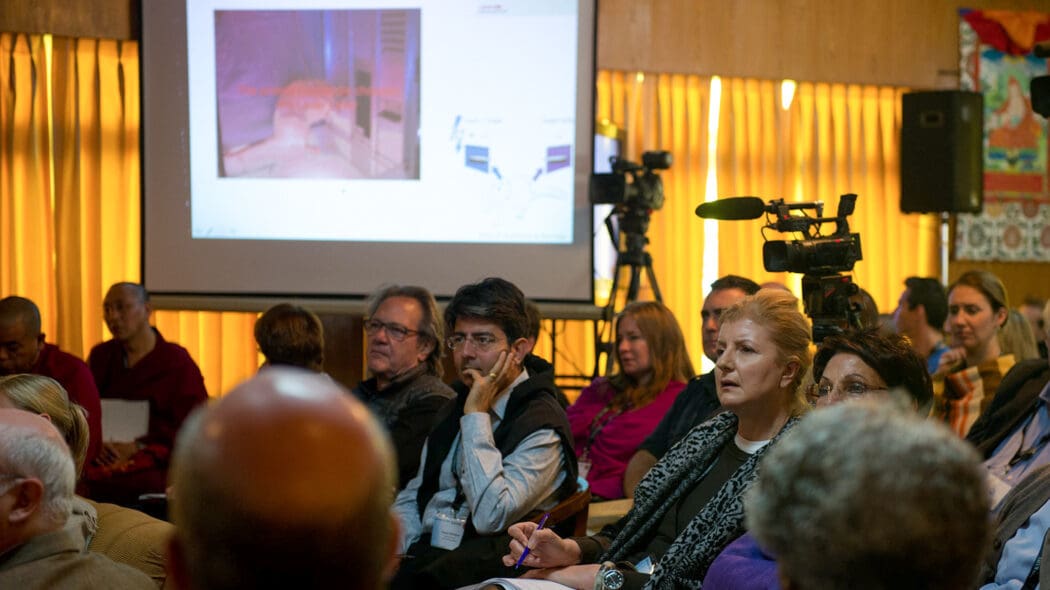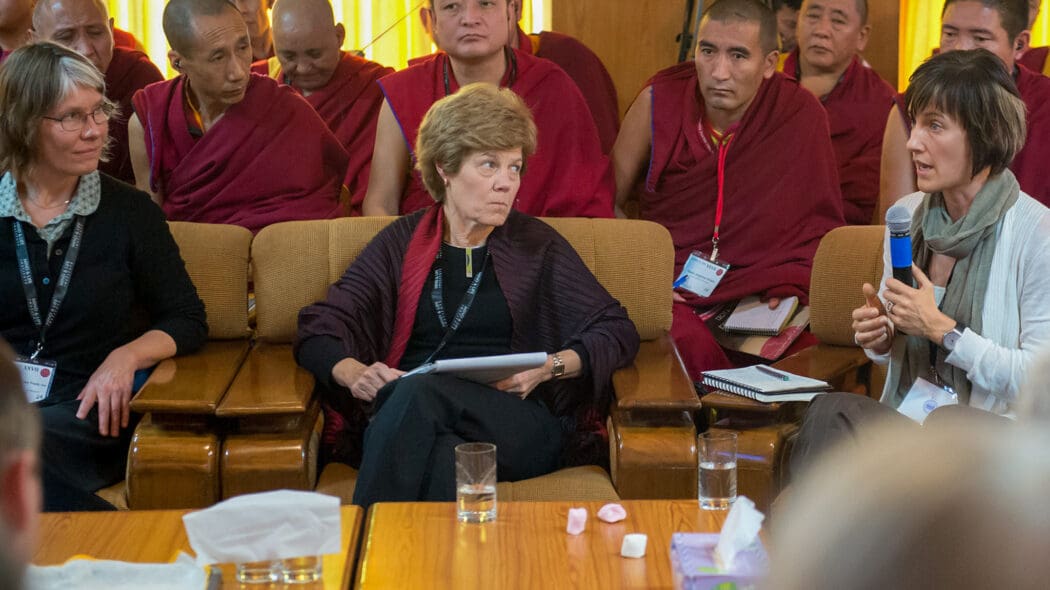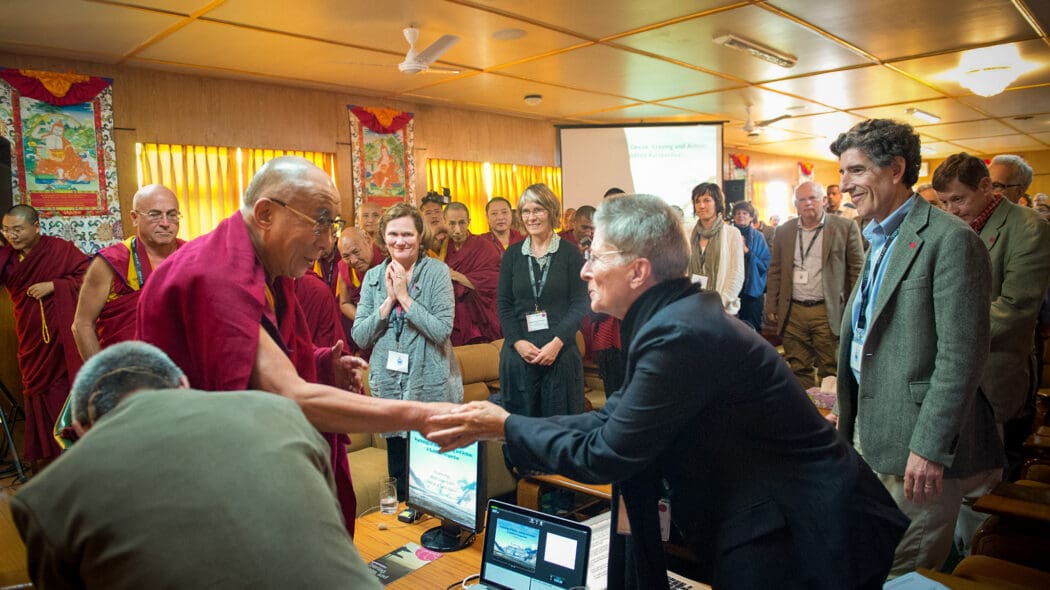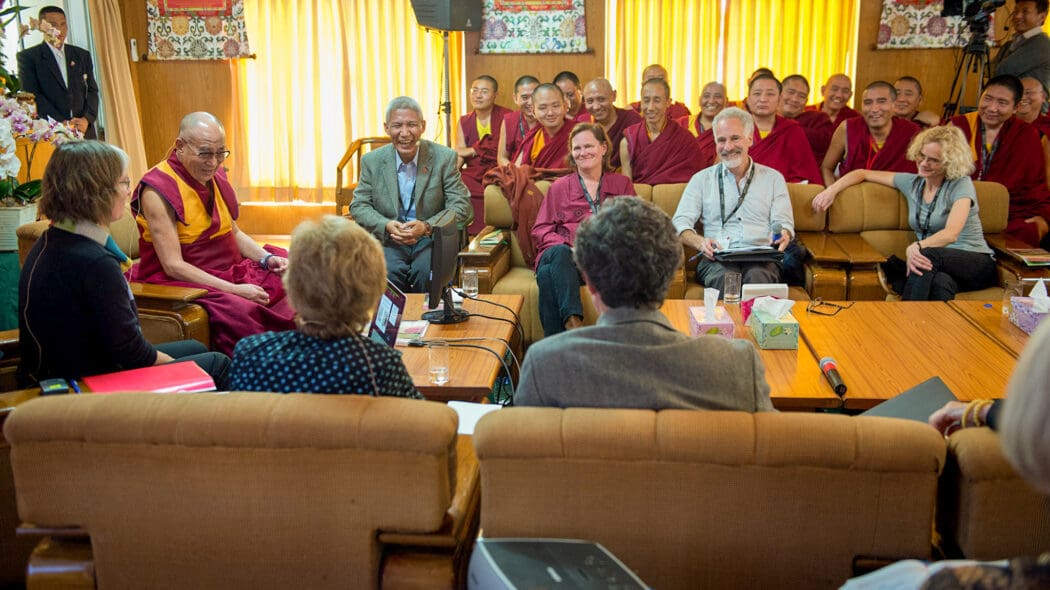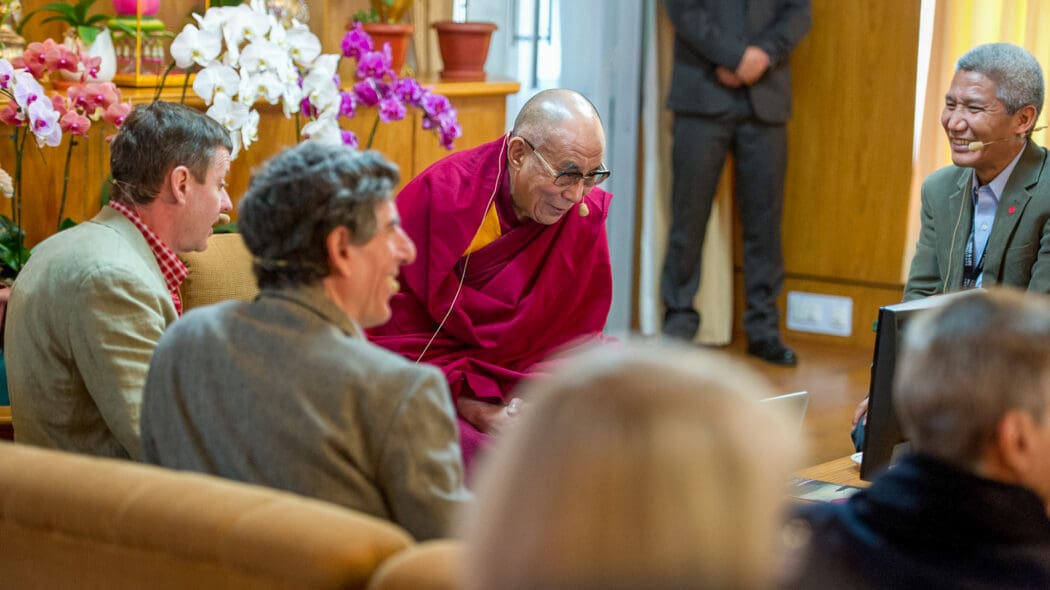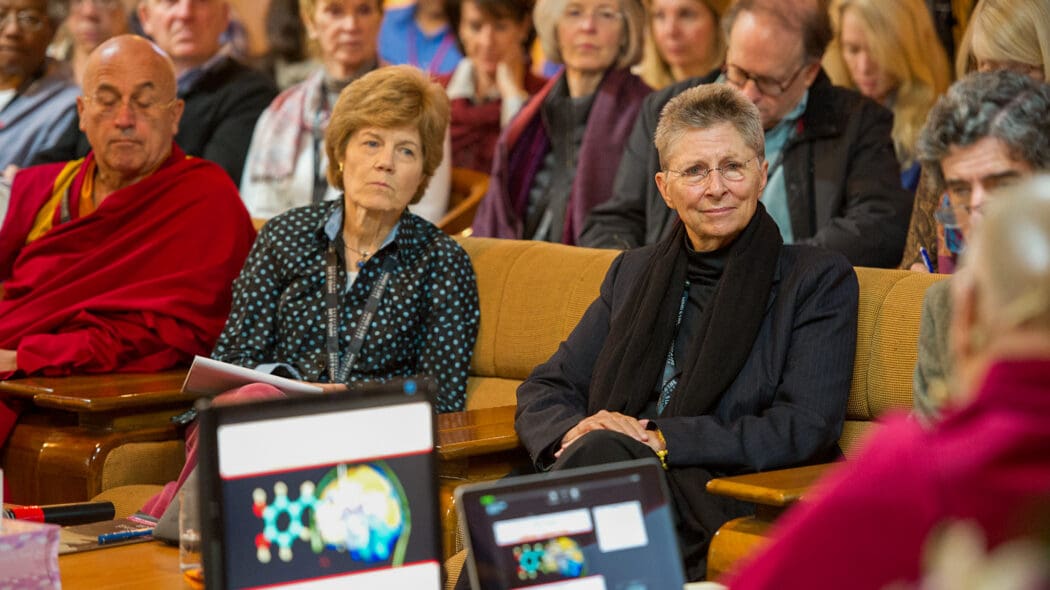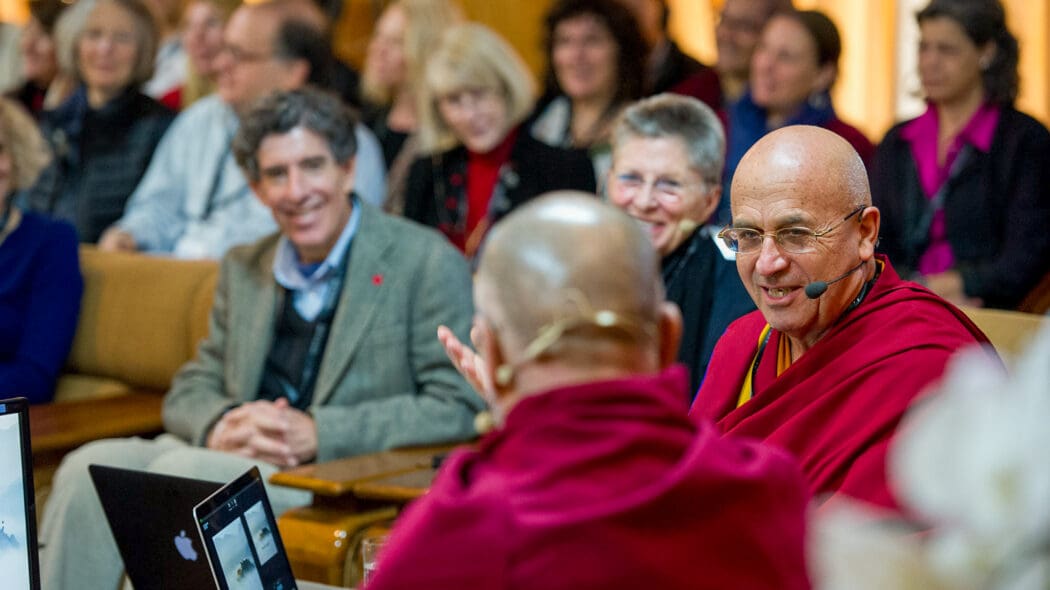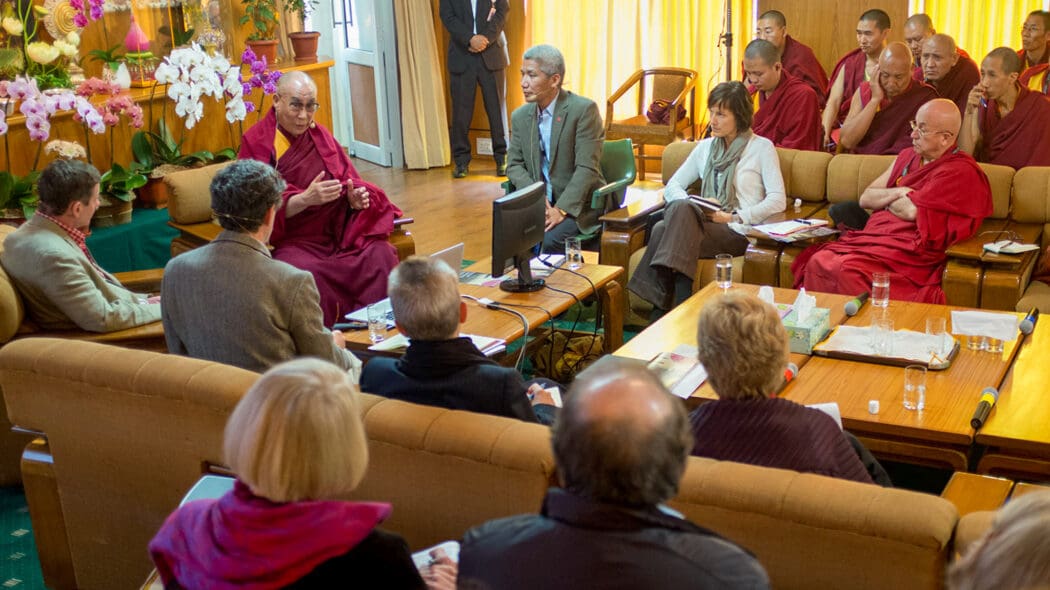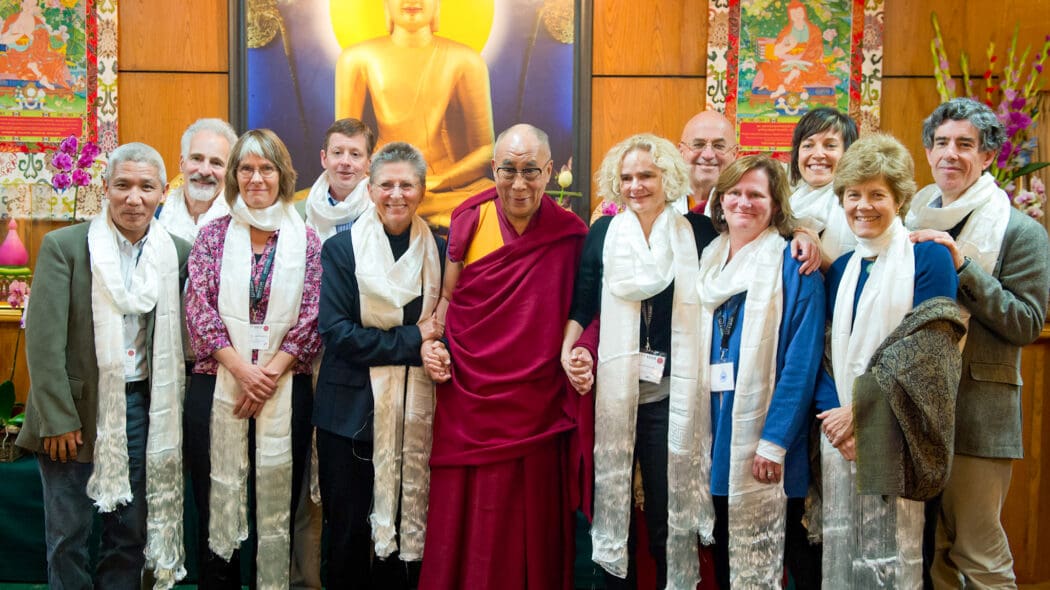Craving, Desire, and Addiction
Craving, Desire, and Addiction
Desire is a natural part of life that provides the motivating force for our achievements. Our highest aspirations are animated by desire. Yet, when desire becomes obsession or craving, we cross over into the territory of suffering. What before was an aid to accomplishment can devolve into a source of personal anguish and social violence. Behavioral and substance addictions are the expression of desires that have become obsessions. The harmful patterns of addiction take a profound toll on both the individual and society. The Mind & Life Institute has chosen to focus its attention on craving, desire, and addiction, as these are among the most pressing causes of human suffering. By bringing contemplative practitioners and scholars from Buddhist and Christian traditions together with a broad array of scientific researchers in the fields of desire and addiction, we hope new understandings will arise that may ultimately lead to improved treatment of the root causes of craving and its many manifestations.
Dialogue Sessions
Participants
Honorary Board Chair
- His Holiness the Dalai Lama
Interpreter
- Thupten Jinpa, PhD
Moderators
- Diana Chapman Walsh
- Richard J. Davidson
- Roshi Joan Halifax
Panelists
- His Holiness the 14th Dalai Lama
- Kent Berridge
- Sarah Bowen
- Richard J. Davidson
- Wendy Farley
- Vibeke Asmussen Frank
- Marc Lewis
- Matthieu Ricard
- Nora Volkow
- Diana Chapman Walsh
- Arthur Zajonc



